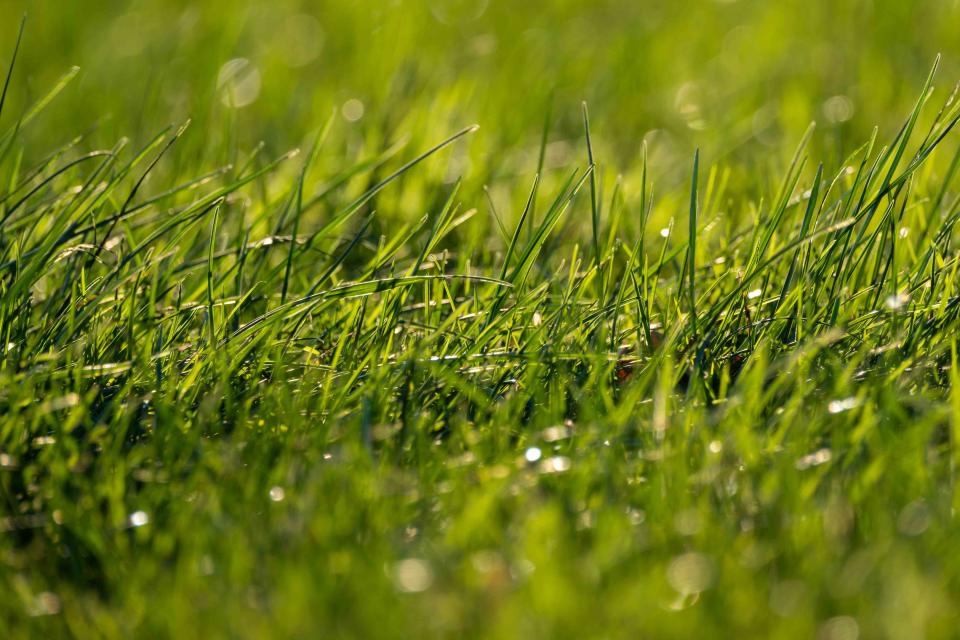5 Things You Can Do With Grass Clippings
Don't just clip and go!

Berend Sorgedrager/Getty Images
Whether you live on a sprawling estate with multiple acres or a standard suburban lot with just enough space to grow flowers, there's one problem everyone has to deal with: What should you do with all those excess lawn clippings? Should you just leave them where they fall or gather them up and dispose of them in the trash? The good news is that you have options. Here are five ways to reuse your grass clippings.
Meet Our Expert
Paris Lalicata, plant expert at The Sill
Leave Them on Your Lawn
Although it might seem counterintuitive, you can leave your grass clippings on your lawn. These clippings are rich in essential nutrients, including phosphorus, nitrogen, and potassium—key elements for a healthy lawn. Think of it as free fertilizer, which can help you save some money, especially since lawn maintenance isn't always cheap.
The clippings also help your lawn retain moisture, which is particularly useful during hot, dry summer months when your green grass may start to turn brown.
Tips
This doesn’t mean you should just walk away when you’re done mowing. It’s crucial to use a rake to spread the grass clippings evenly to prevent them from forming thick clumps. This not only keeps your lawn looking neat and tidy but also speeds up the decomposition process.
Turn Them Into Mulch
Paris Lalicata, The Sill’s plant expert recommends turning excess grass clippings into mulch. “You can use grass clippings as a mulch for your garden beds which will help to retain moisture in the beds, and suppress weeds,” she says. “You can even add nutrients as the grass breaks down into the soil.”
There are lots of benefits to turning your grass clippings into mulch, including preventing the growth of weeds and curbing moisture loss around shrubs, flower beds, and trees.
Note that this doesn’t work for all types of grass. If your lawn has invasive grass such as Bermuda grass, or if herbicides have recently been applied to it, you shouldn’t turn it into mulch. You should also only use dry grass for this purpose.
Related: How to Make A Chemical-Free, Homemade Weed Killer That Actually Works
Add the Clippings Into Your Compost Pile
Lalicata says that because grass clippings are high in nitrogen, they can make a good addition to your compost pile. So, gather up those clippings and put them in your composting bin—this is one of the easiest ways to repurpose your excess grass.
Amend Your Soil
Lalicata also suggests adding grass clippings to your soil. She says, “You can incorporate grass clippings directly into your garden's soil to improve its structure and increase organic matter and nutrients for plants.”
Use It As Rabbit Food
While your cat or dog won’t have much use for excess lawn clippings, bunnies love to munch on freshly-cut grass. So, if you have a pet rabbit, they’re in for a real treat.
There are just two caveats: The grass cannot be treated with pesticides (or anything potentially harmful), and it must be mowed using a manual mower, not an electric or gas-powered one. This is because the heat from the blades can cause the grass to ferment.
Related: Stop Believing These 9 Lawn Care Myths—Try These Tips Instead
For more Real Simple news, make sure to sign up for our newsletter!
Read the original article on Real Simple.

